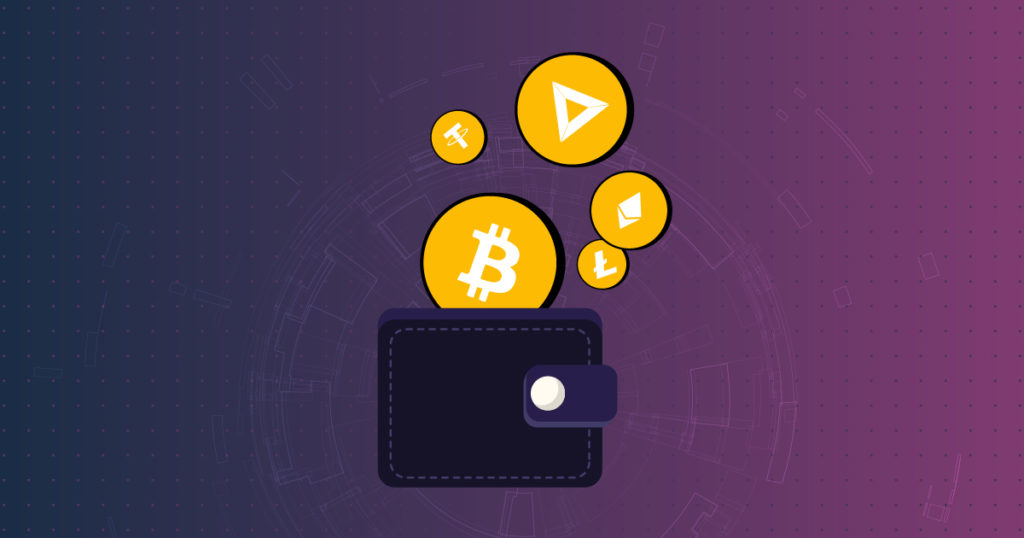The underlying infrastructure of a cryptocurrency is a blockchain. A blockchain is a decentralised peer to peer network that records transactions as an unchangeable record. Since there is no central authority to verify or record the transaction, only valid transactions are stored on the blockchain? It uses a “consensus mechanism”.
Some crypto assets like Bitcoin use a consensus mechanism called “Proof of Work”. In a “proof of work” mechanism, all nodes on the network compete by using a high amount of computational power to solve the algorithmic puzzles required to validate a transaction. The first one to do so adds the transaction to the network and earns rewards in crypto assets..
On the other hand, specific crypto assets use a consensus mechanism called “Proof of Stake”. In a “proof of stake” mechanism, the network chooses a particular node to validate a transaction in exchange for a crypto reward. Thus, all nodes on the network need not compete to solve the puzzle for a transaction. Proof of stake mechanism consumes less energy as less computational power is required. It is also much faster, more efficient, and more economical than a proof of work mechanism.
How does Crypto Staking Work?
If a crypto asset that you own allows staking, you can essentially lock in your tokens with the network and earn rewards over a period, just like one can earn interest on a savings bank account. Also, staking some of your tokens makes the blockchain more efficient to process transactions.
As discussed earlier, the network chooses the participant to validate a transaction and earn a reward. So how is a particular node chosen for validation? The nodes are chosen based on the size of the stake and the duration of crypto staking. Thus, the nodes that are the most participative are selected.
However, once you stake your tokens with a network, the tokens will have to be locked in for a pre-disclosed period. During this vesting period, your tokens cannot be transferred. This can be detrimental as one will not sell the tokens when the price fluctuates. Hence, it is essential to understand and research the lock-in requirements before staking tokens.
How Can One Stake Tokens?
One can either become a full validator or contribute to a staking pool to participate in Staking. To become a full validator, one must contribute a certain minimum amount and requires a computer to validate transactions 24*7. It is both expensive and risky for most individuals to participate at this level. Hence, a more convenient and viable option is contributing to staking pools. These pools essentially gather tokens from multiple token holders and create a large pool. Through this route, small participants too can earn rewards from staking without needing to own a validator. One can participate in crypto staking pools via exchanges.
However, for staking, one must first purchase a token. In India, one can purchase cryptocurrencies from crypto exchanges like Zebpay.
Takeaway
Crypto staking has gained much popularity in recent times as it is beneficial for both the network and the token holder. The primary benefit of staking is earning passive income on your crypto. The yields being offered are pretty attractive too. However, if one plans to trade in tokens in the short term, one must not opt for Staking. Also, buying a token only because it offers a high-interest rate is not the right way to think about it. One must also believe in the long-term potential of that token.
To start trading in Cryptocurrencies, log on to Zebpay now!

